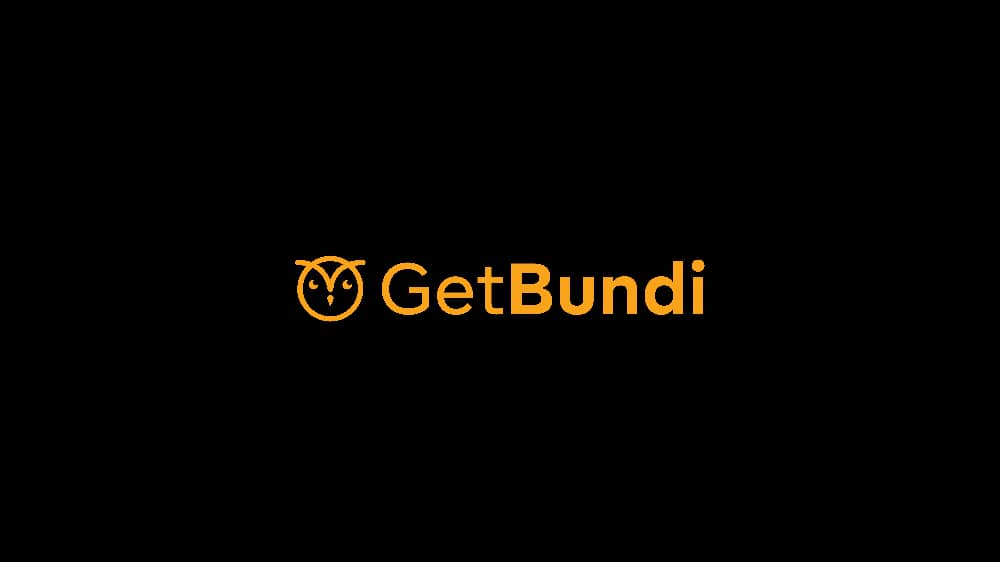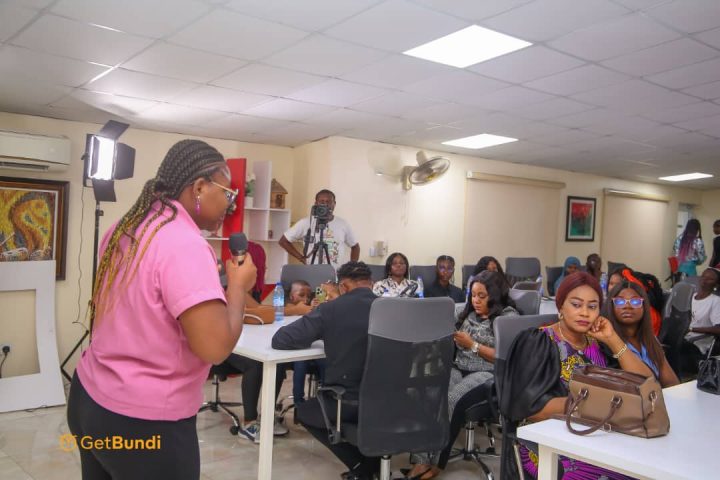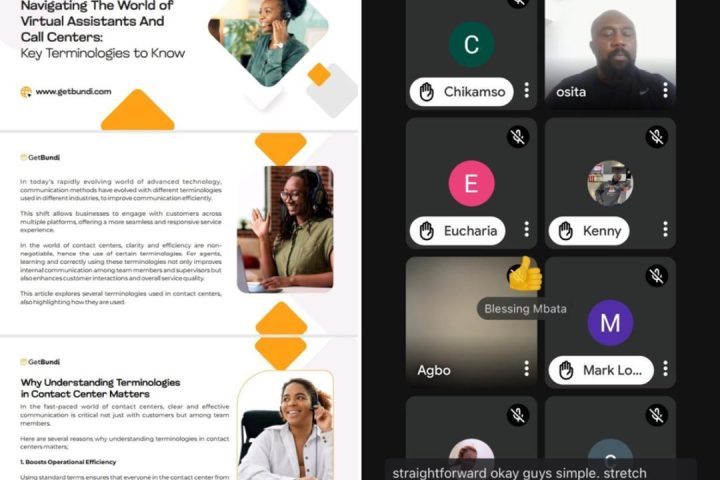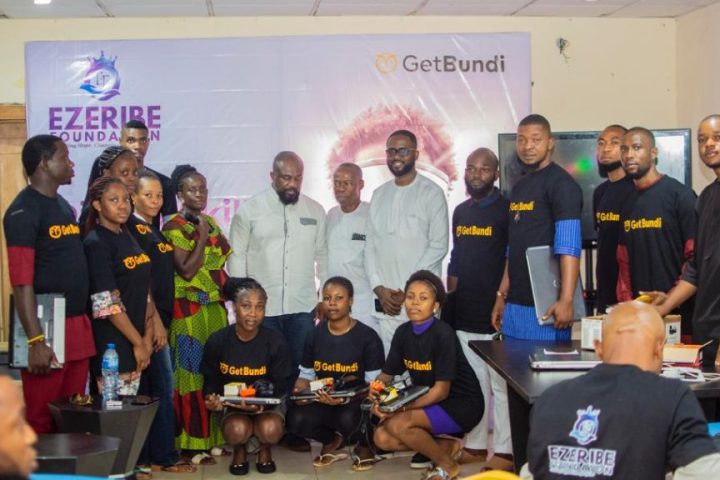Digital skills have become of paramount importance in the 21st century due to the pervasive influence of technology across various aspects of our personal and professional lives.
According to the World Economic Forum, advances in technology and automation will eliminate 85 million jobs, while creating 97 million new jobs globally by 2025.
The fourth industrial revolution is expected to cause technological disruption that will require a highly skilled labour market, hence the need for individuals to be equipped with relevant digital skills.
As several continents across the globe push massively for the development of digital skills among young individuals, Africa has continued to play catch-up with the rest of the world as the continent faces a huge digital skills gap, which is diluting economic opportunities and development.
Currently, African countries score between 1.8 and 5 on the Digital Skills Gap Index, far below the global average of 6. Of the world’s 20 countries with the weakest digital skills, 12 are in Africa, and only 11 per cent of Africa’s tertiary education graduates have formal digital training.
Notably, only 10 per cent of Africans are reportedly currently employed in highly skilled digital jobs, the lowest share of any region globally. A study by the International Finance Corporation (IFC) reveals that by 2030, some 230 million jobs across the continent will require some level of digital skills. About 87 per cent of African business leaders identify digital skills development as a priority area in need of further investment.
Therefore, upskilling individuals in Africa will enable them to participate in a global economy shaped by technological advances.
In this regard, GetBundi, a STEM for secondary school and Digital Skills for the youths technology platform, has committed to upskilling 10 million Africans with relevant digital skills in the next 10 years. The startup has developed micro-sliced digital skills courses that guarantee impactful learning and, through a project tagged “The GetBundi Vision 2034”, is aggressively pushing to equip Africans with skills that will enable them to gain relevant employment in the 21st century.
The founder of GetBundi, Osita Oparaugo in an interview said, “our digital skills curriculum is developed by the tech industry for the tech industry to make African youths’ job ready. With digital skills predicted to be a requirement for 9 out of 10 jobs in the next decade, lacking these skills may hinder African youth’s global competitiveness. These skills empower individuals to navigate the global job market and contribute to the continent’s digital transformation, playing a pivotal role in shaping Africa’s socio-economic future”.
On the GetBundi platform, users can learn several digital skills in nine months and get certified to take up remote jobs.The startup’s commitment to equipping youths in Africa with relevant skills is a crucial step towards transforming the continent’s economy and achieving sustainable growth and development.

Here is an overview of some key reasons why GetBundi’s commitment to upskill 10 million Africans with digital skills is crucial for the African continent.
1. Economic Competitiveness:
In today’s fast-paced digital world, digital skills have become a prerequisite for economic growth and innovation and nations and individuals must be digitally literate to remain competitive in the job market and business landscape.
2. Employability:
Many jobs today require a certain level of digital proficiency, from basic computer literacy to specialized skills such as coding, data analysis, and digital marketing. Therefore, having these skills enhances the employability of Africans across a wide range of industries.
3. Communication and Collaboration:
Digital skills have become essential for effective communication and collaboration in both personal and professional settings. These include using email, video conferencing, collaboration tools, and social media platforms.
4. Information Access and Evaluation:
The ability to access, evaluate, and use information from digital sources is crucial. With GetBundi’s commitment to upskilling African youths with digital skills, it will empower them to navigate the vast amount of information available on the internet and discern reliable sources.
5. Entrepreneurship:
Digital skills are fundamental for entrepreneurs looking to establish and grow their businesses. From online marketing to e-commerce, digital marketing, and digital communication, these skills have become key components of modern entrepreneurship.
6. Adaptability to Change:
The rapid pace of technological advancement means that individuals and organizations must be adaptable. When individuals are properly equipped with relevant digital skills, it will provide the foundation for continuous learning and the ability to adapt to new tools and technologies.
7. Critical Thinking and Problem Solving:
It is interesting to note that digital skills contribute to the development of critical thinking and problem-solving abilities. Individuals with strong digital skills can analyse complex problems, identify solutions, and use technology to implement them.
Conclusion
Africa is a continent on the rise, and digital skills training will be critical for many jobs in the coming years. Digital skills are projected to surge because of new industrial growth. Young people on the continent expect and deserve technology-enabled learning to ensure that they do not play catch-up with the rest of the world, and do not miss out on life-changing opportunities.
For Africa, as it is for the rest of the world, the future lies in digital skills. And GetBundi, with its commitment to upskilling 10 million Africans in 10 years, is poised to play a crucial role in that future as it empowers African youths with relevant skills that will give them an increasingly vital role in the growth and development of the continent and its economy.




